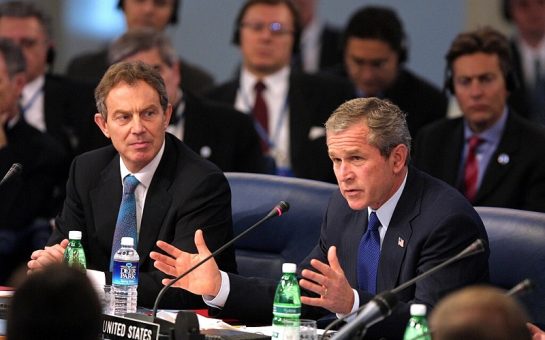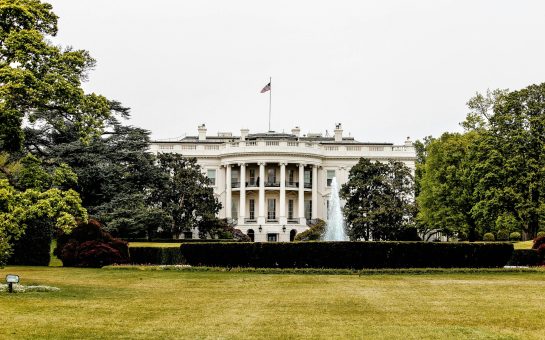The resignation of Liz Truss after only 45 days as prime minister, and the election of Rishi Sunak as the fourth prime minister in 3 years, has raised questions of what it is needed to be Prime Minister.
In a recent episode of their podcast The Rest is Politics, Tony Blair’s former Director of Communications, Alastair Campbell and former cabinet minister Rory Stewart, discussed whether Prime Ministers who have been former Leader of the Opposition stand a greater chance of success.
The Leader of the Opposition is the leader of the largest political party in the House of Commons that is not in government, which is currently Sir Keir Starmer, the Leader of the Labour Party.
Before 1911, the opposition leaders for the House of Commons and Lords had equal status, however since 1911, the Leader of the Opposition in the House of Commons was considered to be the overall leader of the Opposition due to the Parliament Act 1911 removing the legislative veto from the House of Lords.
Since 1911, the UK has had 22 prime ministers, of which only 8 were Leader of the Opposition before their first term as prime minister, however H.H. Asquith, Stanley Baldwin and Winston Churchill all then served as Leader of Opposition after their first term as Prime Minister.
The average tenure of a prime minister in their first term if they have served as leader of the opposition is 2049 days, compared to 1344 days if they have not served as prime minister, however, the relationship is statistically insignificant.
While Margaret Thatcher and Tony Blair are the two longest serving prime ministers since 1911 who were both leaders of the opposition, John Major and H.H Asquith served above average term lengths despite never holding the office of leader of the opposition.
While there is a slight positive correlation, there is no statistical relationship between the length of time served as prime minister and length of time served as leader of the opposition.
Professor Jane Green, a political scientist and a member of the advisory council at the Centre for Opposition Studies, said: “For me the question would be whether the opposition leader was seen as responsible for past policy or performance successes or failures, and how big the shock to the government is, which has led to their election loss.
“This would likely influence the length of their period in opposition in addition to strategic recovery, policy transformation and political opportunities.”
As a result, when you’re voting in the future, it may not be best to base it on the length of tenure as leader of the opposition.
Featured image credit: Rwendland via the Creative Commons Attribution-Share Alike 4.0 International license.




